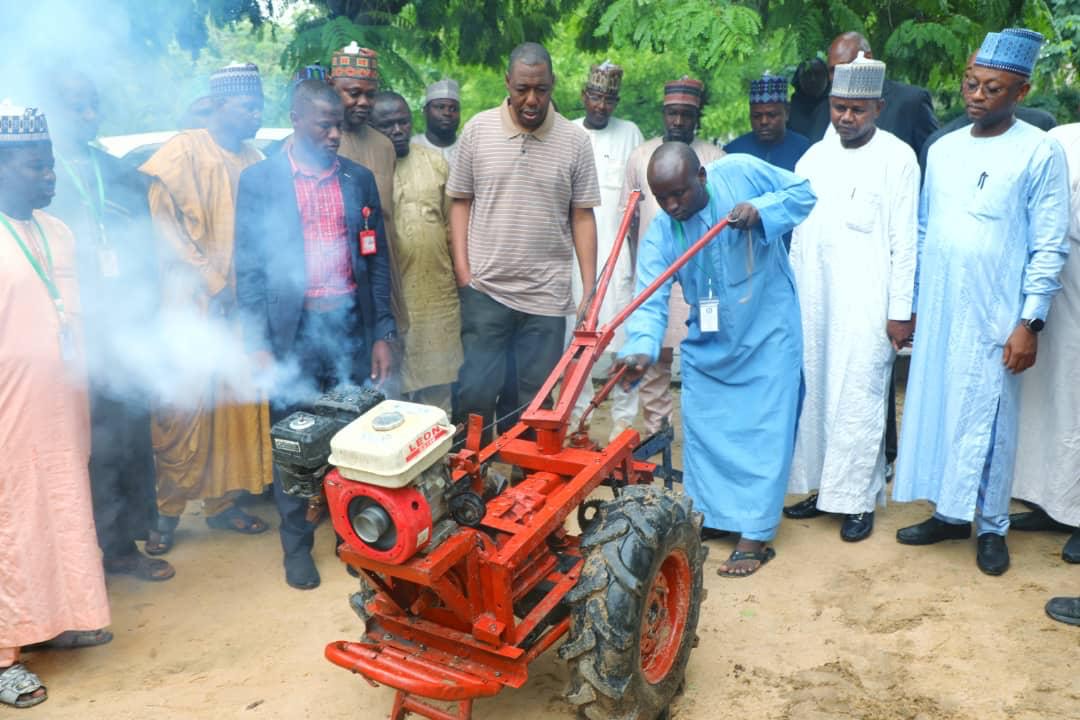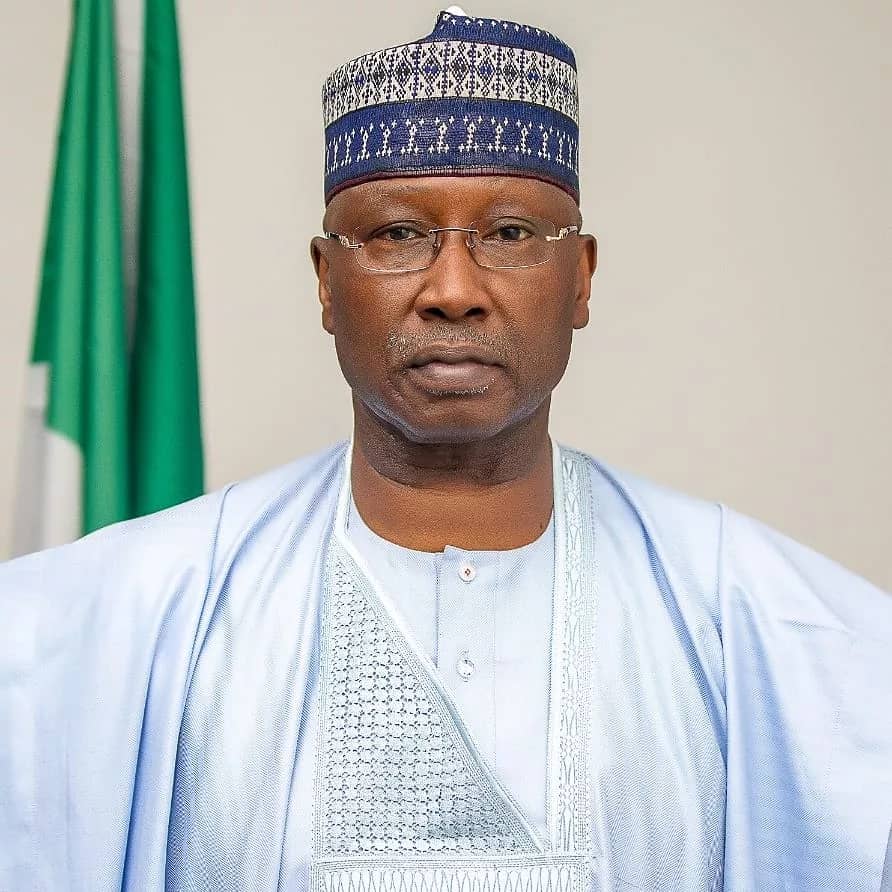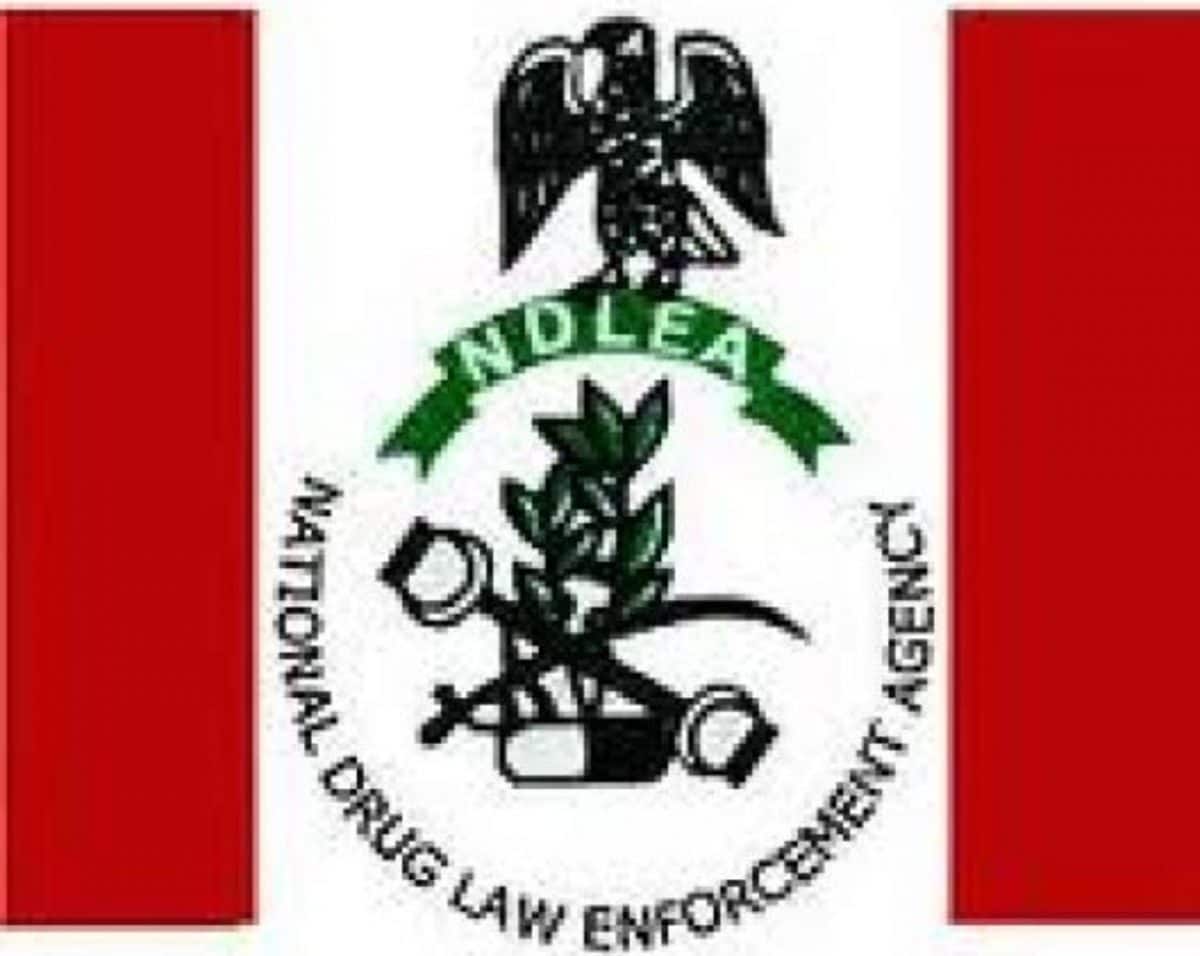The motley crowd and the task of renewing our hope, By Dan Agbese
President Bola Tinubu has a full plate. Even his worst political enemies could not have wished him the many wahala he faces. To take a random inventory: he faces a tanked national economy on the brink of total collapse. He faces hungry citizens whose stomachs are rumbling, indicative of the absence of food. He faces nasty national security changes with sundry criminals making life short and brutal for his fellow citizens. He faces a polarised nation with the citizens warring with their unbridled tongues, all of them seeking to wear the crowns as ethnic and religious champions.
The president, as presidents often are, is in some luck. With the swearing-in of 45 ministers on August 21, President Bola Tinubu has more than a handful of helpers to help him face the task he has taken upon because it is his turn to sit in Aso Rock villa. He has critical choices before him. He may choose to rule the country or lead the people out of the wilderness of recent past mediocrity, failures, and disappointments; or he may choose to rule and continue with the disconnect between the government and the governed. He may choose to be a unifying leader or a divisive one who widens the ethnic and religious fault lines. He may choose to be a president who listens to other sane voices, or he may be a president shut in in the cocoon of his wisdom and treats everyone else with contempt as fools.
Let no one think these and other choices are easy for the president. The motley crowd of ministers will not make the choices easy for him. They are staff officers who did not come into their exalted offices with their personal agenda. The only man with an agenda is the president. The ministers are there to carry out his agenda. The only freedom each minister has here is how he carries out his own part of the president’s agenda in the ministry he heads and still achieves the results expected by the president.
With the legally constituted executive council of the federation, it is time for the president to face the task of taking our country back from the dungeon of mediocrity into which it sank for eight years; back from bandits, kidnappers, armed robbers, and killer herdsmen and sundry dangerous criminals prowling the land; back from corruption as an approved way of life; back from national politics still lost in the time warp of self-interest sans national interest. To make our country safe is the first constitutional order of governments at national and sub-national levels. No country living under this darkening shadow of insecurity can expect to hope for a good today and a better tomorrow. Our lives and the future of our country are in the hands of the president’s 45 wise men and women. Can they pull the country through the most trying moments in its history? Some of them are former state governors who did not leave a good record of service in their states. The presence of such people in the cabinet does not engender public confidence in their capacity to do things differently. But Tinubu believes they are the right men for him. Let us hope they are.
I am hoping that under Tinubu we may have an expanded vision of a country whose public officers have a higher sense of public duty and service than personal and other interests. I am hoping the president has the capacity and the courage to raise the bar of good governance and point the country away from the sunset towards the sunrise. He is in the eyes of the storm and the eyes of the judgment of history in the making.
Every ruler or leader of a community or country faces the danger of losing his foothold and rolling down the hill as a puppet in the hands of his aides who transform themselves into puppeteers. I am hoping that Tinubu will be a leader strong enough to distance himself from governance that places premium on motion at the expense of movement. I am hoping that while it is important for him to mine the views and the pieces of advice of his aides, he could still establish himself as his own man; a man who recognises that the presidency is not a shared national assignment, but an assignment driven by one man and one man only.
When, on assumption of office on May 29, the president announced the end of fuel subsidy, I applauded his courage to do what his prevaricating predecessor would not or could not do and save the nation tons of Naira. I believed then that he had worked out a formula to deal with the fall out of this major economic policy and its unintended consequences. I was wrong. He hit the ground running only to find himself now trudging along an alley full of fellow Nigerians grumbling loudly about the hard times.
It seems to me that the fear factor set in, and the president was forced to roll back the policy by continuing with the palliatives that under Buhari contributed to the ruination of the tanked national economy he inherited. The fear factor is an ever-present danger among rulers, no matter how powerful they may be. A man may be ordinary but when his ordinary anger boils over, it turns into a threatening tsunami. No national leader need telling.I thought that given his background in business and governance, the president would do things differently by finding a more creative way of not making fuel price the sole determinant of prices of goods, commodities, and transportation in the country. To continue with more of the same, he now chose to give N5 billion to each state as palliatives. This is good money flowing into the pockets of state governors. Does the president believe that this money will make food and transportation affordable throughout the country?
The problem with governance is that an honest mistake or a good decision that goes awry has a habit of embedding itself in the psyche of the people. The situation we are in does not permit cosmetics. I thought the president declared a state of emergency on food supplies, but I see no evidence that he sought emergency powers from the Senate to enable him to take such steps as are necessary to bring down the prices of foodstuff. A massive importation of grains for instance will remedy the inadequate grain reserves in the country. Still, whatever is done to stave off the current hunger can only be temporary.
The peasant farmers hold the key to the chronic food shortage. Insecurity has driven a lot of them from their farms. The security of our peasant farmers is critical to whatever the president intends to do to mollify our grumbling stomachs. The president must solve the insecurity problem not by giving marching orders to the security chiefs but by being present as the commander-in-chief to see how his orders are carried out and to what end. It is easy, as we saw with Buhari, for a president to be absent from duty and remain the president. The bad period of our history must perish in Tinubu’s hands.
Tinubu’s campaign promise was the renewal of our hope. He knew that our hope had been battered and our trust in government was at its lowest point. This promise obliges him to cut a path through the jungle of years of misgovernance and take the country up the mountain. Food is critical to our survival of human beings, but food scarcity is not our worst problem because it results from more fundamental problems that beset us as a nation.
I am hoping that the president will do something no president before him has done. I am hoping that he and the vice-president, Kashim Shettima, will publicly declare their assets and liabilities and make the ministers follow the example of their bosses. It is part of the rekindling of hope in the people that a new era of openness has arrived and the opacity in governance is on the run for its dear life.
I am hoping that the president does not need to be persuaded to end the era of crass impunity in the country. Our constitution and the laws of the land prescribe minimum acts of decency on the part of the government with a trickle-down effect on the people. It is not right for the federal government to lock up people and then go on a fishing expedition to establish alleged crimes against them. Godwin Emefiele, the suspended CBN governor, and AbdulRasheed Bawa, EFCC chairman are cases in point. Due observance of the rule of law is a fundamental aspect of human management. The law cannot be treated with contempt without some serious consequences. We lived under the stifling reign of impunity under Buhari for eight years. Give us a break, Mr. President.
Email: [email protected]
SMS: 08055001912



